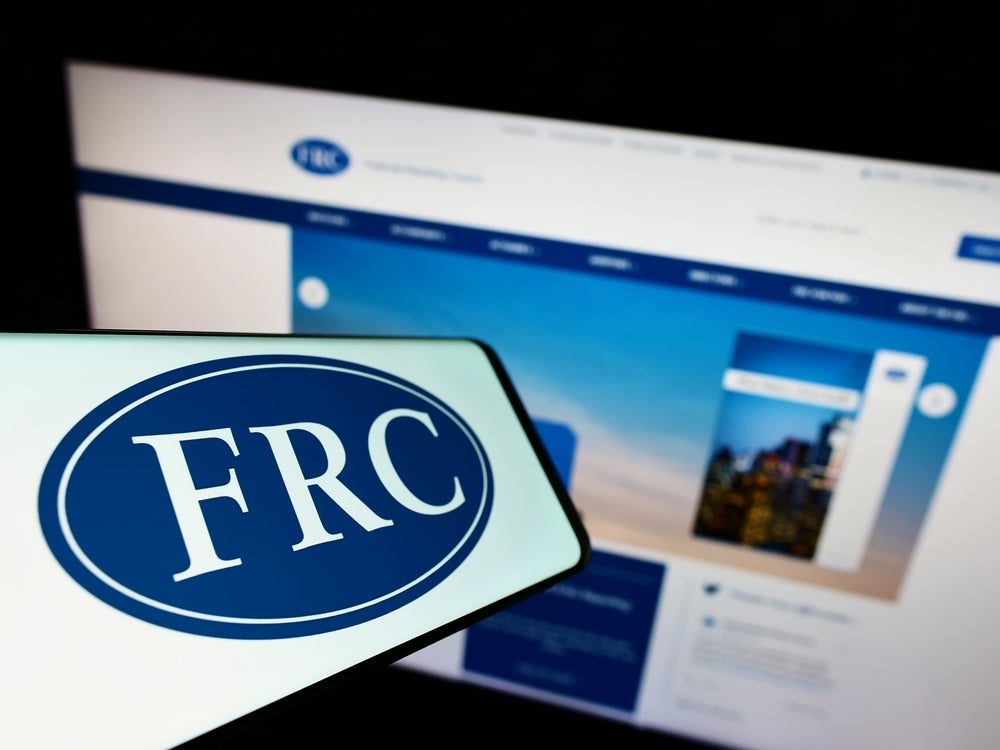The UK’s Financial Reporting Council (FRC) has published its annual report for 2018/19, highlighting the work it has so far undertaken to begin its transition into the Auditing, Reporting and Governance Authority (ARGA).
The FRC highlighted its revision to the UK’s Corporate Governance Code as one of its successes over the last year,. FRC CEO Stephen Haddrill said: “The revised UK Corporate Governance Code was well received, and we will extend our monitoring of corporate governance practice and reporting and consider how effectively the new code is being applied.
“However, that effectiveness depends on investors holding companies to account. We have consulted on a revised UK Stewardship Code which demands more effective stewardship and critically improved reporting requirements.
“We are committed to engagement with stakeholders and in this area have continued our outreach in the UK, as well as in Europe and globally.”
Following the collapse of UK construction firm Carillion in January 2018, the FRC came under fire from politicians, describing it as ‘chronically passive’, and the Kingman Review was commissioned to assess if the FRC was still fit for purpose. In short, the Kingman Review determined it wasn’t and proposed that ARGA should replace the FRC with new powers and new leadership.
While it was understood in the Kingman review that the transition to ARGA would take time and legislation before taking over from the FRC, it noted that the FRC could take measures to increase its scrutiny of audit firms and accountants in the transitionary period.
How well do you really know your competitors?
Access the most comprehensive Company Profiles on the market, powered by GlobalData. Save hours of research. Gain competitive edge.

Thank you!
Your download email will arrive shortly
Not ready to buy yet? Download a free sample
We are confident about the unique quality of our Company Profiles. However, we want you to make the most beneficial decision for your business, so we offer a free sample that you can download by submitting the below form
By GlobalDataPart of these measures included changes to the leadership and board structure, which Haddrill highlighted in his statement: “Since the last Annual Report the Board has been reduced from 15 members to ten, which is in line with the conclusion of our own 2017/18 Board Effectiveness Review for a smaller Board, a recommendation which was also made by Sir John Kingman.
“Going forward all Board appointments will be made by the Secretary of State for Business, Energy and Industrial Strategy, and the new Chair will be accountable to Parliament as befits a public body. I thank all past and present members of our Board for their valuable contributions over the years.”
Other highlights noted by the FRC was its increasing of enforcement resourcing by 25% and establishing the Investor Advisory Panel to complement the FRC’s existing stakeholder outreach activities with investors.
FRC chairman Win Bischoff said: “Our latest annual report reflects the FRC’s commitment to delivering high quality audit, corporate governance and financial reporting, which remain vital to the success of our market economy.
“To achieve this, we have boosted Enforcement resources, maintained a priority on tackling poor-quality audit work and raised the bar on corporate reporting.
“2018/19 also led to an independent review of the FRC, which we fully supported, and has contributed to our eventual transition into a new regulatory body.”





